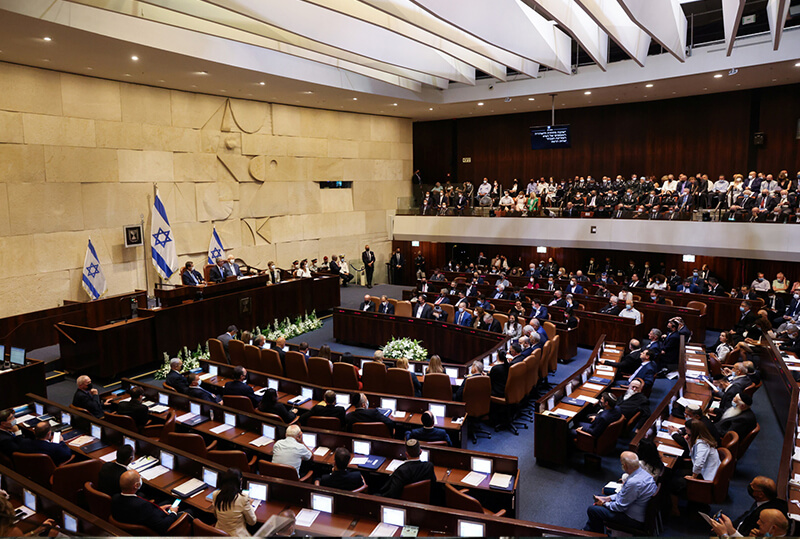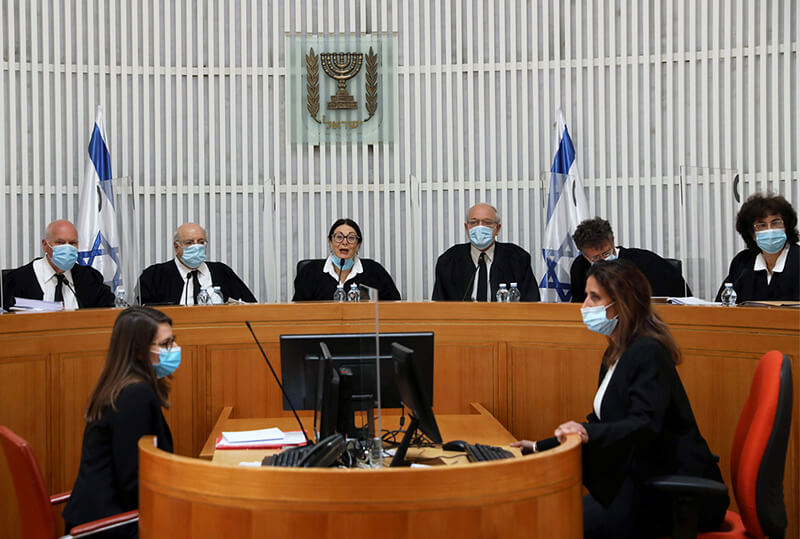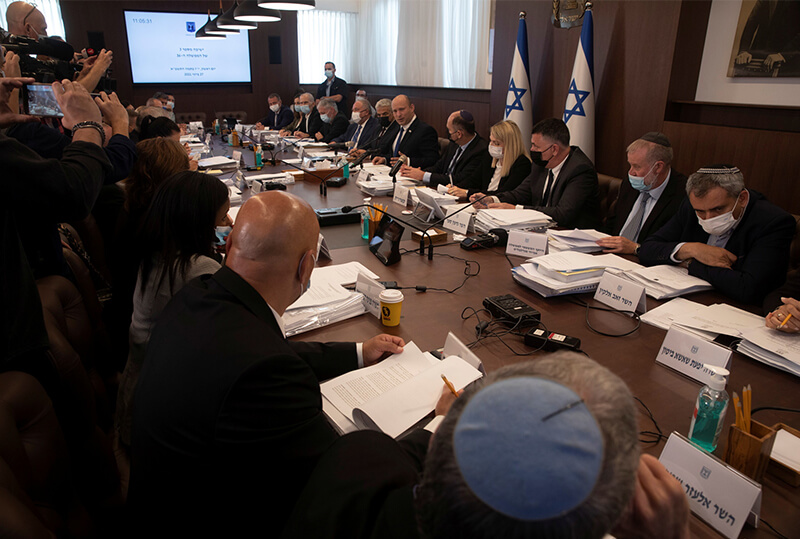DEpartment
Department
legal
legal

The Knesset, Jerusalem, Israel
The Department protects the right to build the Third Temple on the Temple Mount by presenting responses and their sources:
To whom does the Temple Mount belong?
Is there a written agreement between Israel and the Jordanian waqf?
How many branches of the waqf are there on the Temple Mount?
Is the prohibition on prayer at the Temple Mount legal?
Who manages the Temple Mount?
Can Israel be legally sovereign over the Temple Mount?
Why is there a status quo at the Temple Mount?
Who did Moshe Dayan in 1967 hand over responsibility for the Temple Mount to the Jordanians?
Did the Sanhedrin sit at the Third Temple?
How and when should the Sanhedrin be rebuilt today?
Is Israel’s Supreme Court authorized to discuss these issues?
What legal institutions can grant Israeli sovereignty over the Temple Mount?
Does the court have an opinion on this matter?
What was the Sanhedrin’s role in the First and Second Temple?
The legal discourse centers on rights and obligations. Every social struggle is designed to change the relationship between rights and obligations that apply to the demonstrating group. Rosa Parks, Martin Luther King, Benjamin Zeev Herzl, and Catharine MacKinnon all fought for “their rights” as a collective or as individuals.
The discourse on rights and obligations in Israel primarily occurs in the legal arena since our court system is identified with ‘common law’ in which the court functions to promote and interpret the law, in contrast with other places where the law is of highest importance.
This being the case, extensive legal battles are needed to promote the concept of the Temple in the discourse on rights and obligations. In our political and legal context, it may reasonably be claimed that without a green light for the Third Temple project at the Temple Mount by the legal system, the battle lacks any chance.

The Suprem Court, Jerusalem, Israel

Government Office, Jerusalem, Israel
Hence, for the legal department of the center preparation for the Third Temple has three major roles:
1/ Legal Research – studies the right of ritual and its status, submits opinions to the Knesset Committee that discusses the matter, and formulates the desired legal policy on the right to build while achieving peace.
2/ The summons – The Department submits administrative motions with the administrative court and to the HCJ on matters related to the right of ritual and construction at the Temple Mount.
3/ Obtaining building permits – the building permit process is known to be complicated, particularly when a temple is involved. There are Committee requirements. The Department must formulate a plan for the Temple Mount area, building instructions for the Third Temple and must advance plans in the relevant institutions.
These three actions are being performed simultaneously. When we influence future policy, we challenge the government decisions that contravene the Temple Mount vision, our vision, and the vision of the People of Israel. Slowly but surely, step by step, we will achieve the desired change.
If we want, we can build the 3rd Temple today.
If we want, we can build the 3rd Temple today.